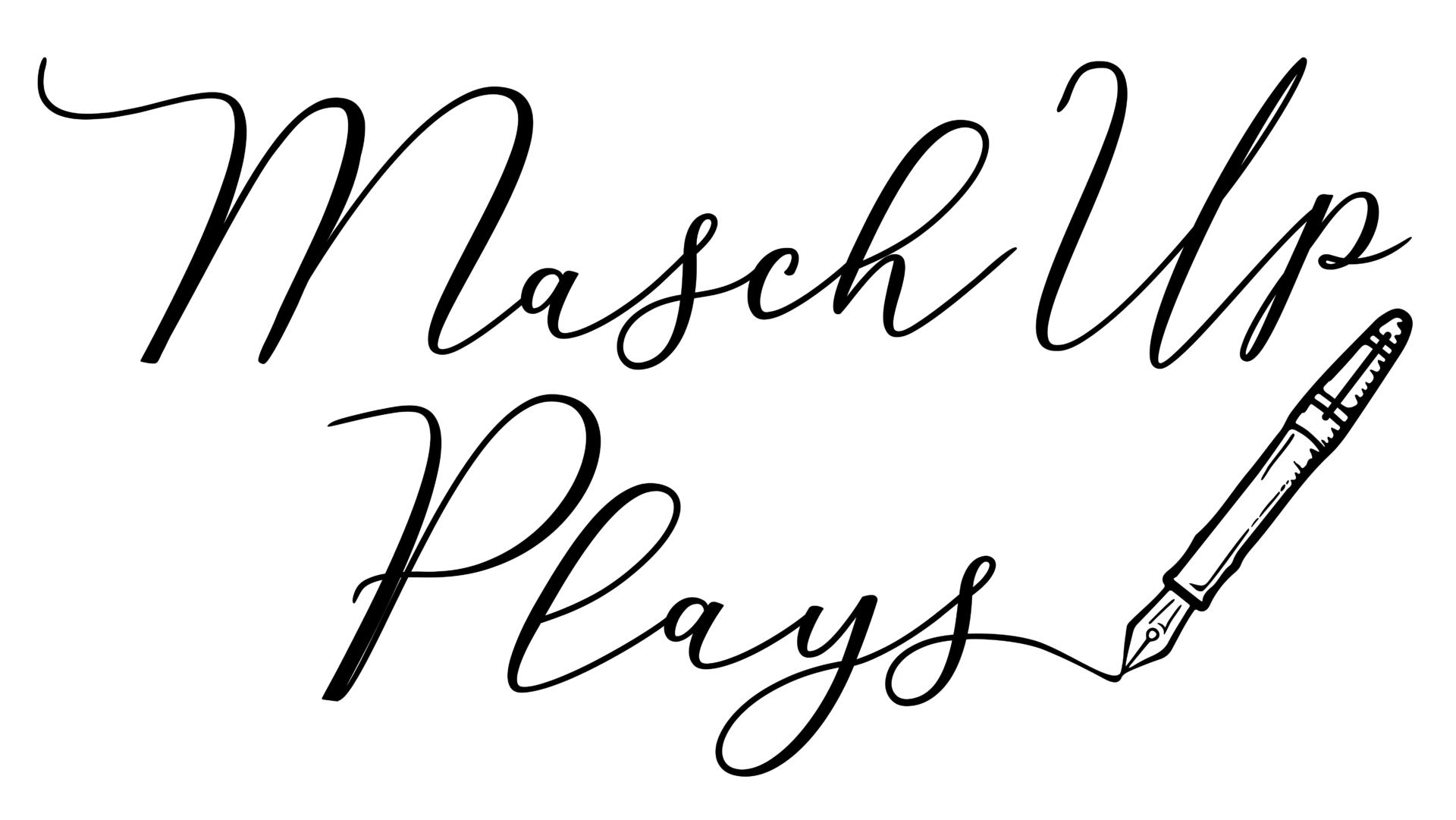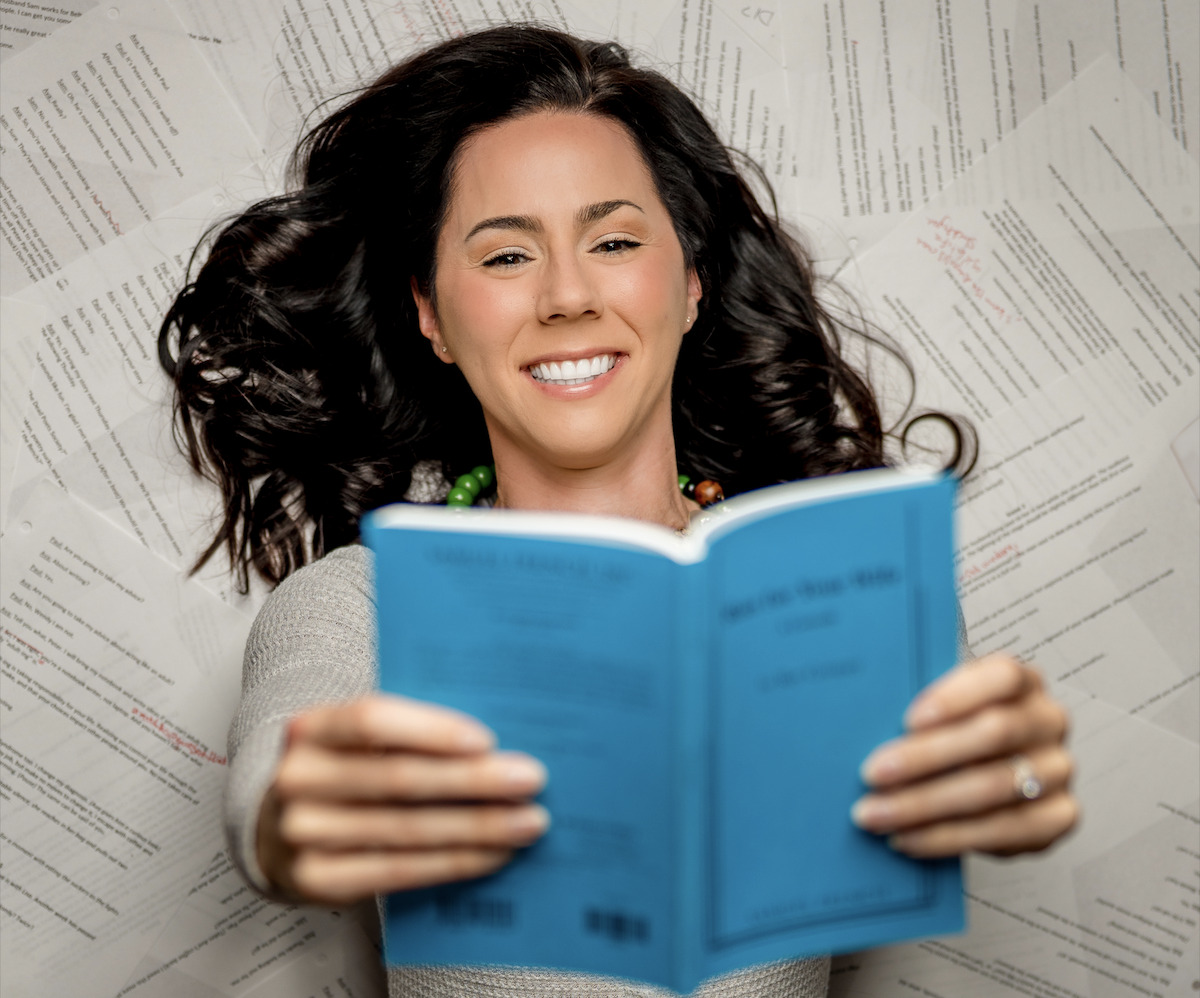1. “Acting Without Agony: An Alternative to The Method” by Don Richardson
Of all the books on the list, this book is my favorite. It’s simple, straightforward, and a quick read. As an example, when you start with a character, ask yourself three things: 1. Who am I? 2. What do I want? and 3. What do I feel? I’d highly recommend this book for new or young actors, as it does not overcomplicate preparation for a role. However, it’s out of print and hard to find. If you can get your hands on it, I recommend it!
2. “The Actor’s Art and Craft: William Esper teaches The Meisner Technique” by William Esper and Damon DiMarco
If you can’t go to a class and learn the Meisner Technique, I’d be willing to bet this book the next best thing. It’s an entertaining read and walks you through the first year of a Meisner Technique class through the lens of fictional students learning and doing the exercises. (The “Sanford Meisner On Acting,” book is very similar in format and content, and I’ve read it as well. But, if I could only read one, I’d choose this book because it’s even more engaging and easier to understand.) I enjoyed this book so much, I had to read the sequel.
Link: https://a.co/d/3ZvVwPp
3. “The Actor’s Guide to Creating a Character: William Esper Teaches the Meisner Technique” by William Esper and Damon DiMarco
Picking up on year two of Meisner Technique classes, this book follows the same format and has almost all the same “students.” Basically, it takes the skills and exercises from the first book to the next level and introduces more elements for the actors. It inspired me to learn more about periods and styles, and I bought the “Spoon River Anthology” mentioned in the book. My hope was to start practicing the Meisner Technique with actor friends, and to use the anthology as we progressed, but that has yet to happen! Again, if you can’t attend an acting class (because you live in the middle of nowhere like me) or assemble a group of actors together to practice, reading books like this one is helpful.
Link: https://a.co/d/1e2Yhot
4. “The Power of the Actor: The Chubbuck Technique” by Ivana Chubbuck
This book sat on my shelf for over 10 years before I read it. My mother-in-law gave it to me as a gift, around the time I graduated high school. She would blush if she knew some of the content that was covered in this book, like the suggestions for creating sexual chemistry or the feeling of being on drugs. Sexual chemistry and drugs aside, I am very happy I read this book at an older age.
By the time I read the book, I had more life experience to relate to the topics covered, plus I could pick and choose which “tools” I wanted to add to my belt and didn’t feel compelled to use all them. (If I remember right, the book discourages an à la carte approach, as each “tool” is meant to build on another.) A younger version of myself would have taken a much more “all or nothing” approach to this book. As a more experienced adult, I felt entitled to use my own discretion as to what was a healthy or unhealthy technique for me as an actor.
While I don’t agree with all of the author’s suggestions (and find some of the technique borders on Method, which I do not endorse), I did glean some truly helpful foundational information. In particular, the book has solid basic information about things like Objectives, Obstacles, Beats and Actions, The Moment Before, and Doings, which Chubbuck calls “Tools.” Each tool is it’s own chapter, making the book very easy to reference. Despite disagreeing with some of the technique, I would still recommend reading this book.
Link: https://a.co/d/5tRWIBv
5. “The Actor and the Target” by Declan Donnellan
Full disclosure, this book is sitting on my shelf and I have not read it yet. It was recommended to me by a friend, who teaches acting on the collegiate level. I’m adding it to this list to force myself to read it faster. I’ll update this post, as soon as I’ve read it!
Link: https://a.co/d/7RRL5TK
(FYI, I am not sponsored and get no commission from sales of any of these books. I’m simply providing links for convenience sake and have no control over external links.)

